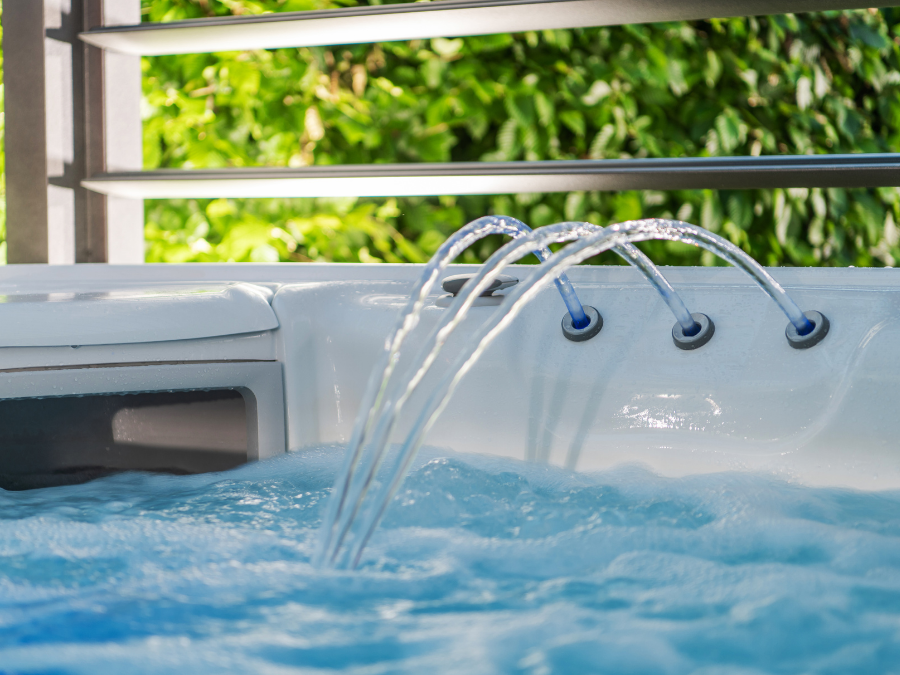Assessing Risk Outside of a Home’s Four Walls
Helping Customers See the Full Picture of Property Risk
While policyholders often focus on what’s inside the home including wiring, plumbing, roofing, and foundations, overlooked features outside the home can create significant exposures that impact coverage, safety, and claims outcomes. As risk assessment experts, we help insurance carriers identify these hazards and provide the data and tools needed to support informed, proactive conversations with policyholders. Identifying risk beyond the four walls not only protects them better, but also strengthens trust and transparency.
Understanding what to look for outside the home is key. Here are several common risks that deserve attention.
1. Outbuildings and Detached Structures
Examples: Detached garages, workshops, sheds, barns, guest cottages
Common Risks:
Unpermitted electrical work
Hazardous material storage (fuels, tools, paints)
Use for home-based businesses not covered by standard policies
Our Recommendations: Encourage customers to inventory and disclose all detached structures. Recommend inspections for wiring, roofing, and use case suitability. If used for income or business purposes, verify if additional endorsements or coverage types are needed.
2. Swimming Pools, Hot Tubs, and Water Features
Common Risks:
Liability from accidental drowning or injuries
Inadequate fencing or lack of self-latching gates
Maintenance or equipment malfunctions leading to damage or mold
Our Recommendations: Advise homeowners to meet or exceed local safety code requirements, including fencing, signage, alarms, and covers. Clarify whether their policy includes or excludes liability for pool-related incidents, and explore umbrella coverage if risk is high.
3. Trampolines and Recreational Equipment
Common Risks:
High rate of injury, especially among children
Lack of secure enclosures or ground anchoring
Guests or neighbors using equipment unsupervised
Our Recommendations: Discuss insurer guidelines and exclusions, as some carriers outright deny or limit coverage for trampolines. Recommend safety nets, usage rules, and disclaimers for visiting guests.
4. Driveways, Walkways, and Paved Areas
Common Risks:
Trip and fall hazards from cracks or elevation shifts
Ice or water accumulation
Uninsured or disabled vehicles stored on premises
Our Recommendations: Recommend annual inspections of hardscaped areas. Suggest patching or resurfacing where needed and confirm local codes related to outdoor storage or vehicle parking.
5. Trees, Landscaping, and Outdoor Maintenance
Common Risks:
Dead or overhanging limbs causing structural or injury damage
Dense vegetation increasing wildfire exposure
Debris accumulation leading to pests or injuries
Our Recommendations: Encourage preventive maintenance, especially in wind, storm, or fire-prone zones. Promote defensible space practices and arborist evaluations when warranted.
Adding Value Through Expertise
By identifying and reporting on external property risks, JMI Reports is here to help insurance companies facilitate proactive conversations that can reduce claims and improve customer safety.





